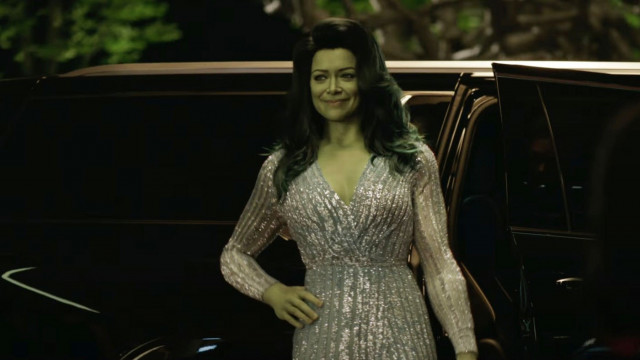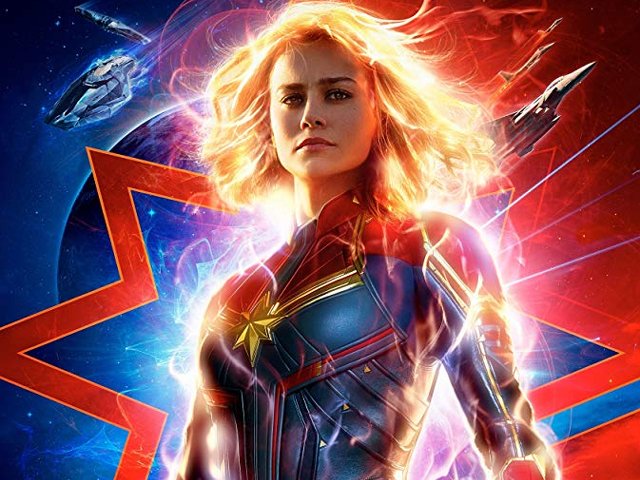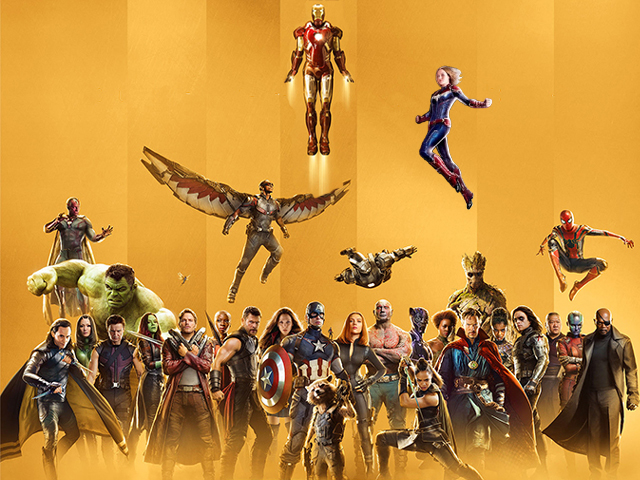'Overworked, under-appreciated' VFX artists call out Marvel over terrible working conditions
While fans were shocked to see deteriorating quality of special effects in 'She-Hulk', employees tell a different tale

Over the last weekend, Marvel introduced its highly-anticipated phases five and six to the fans at the San Diego comic con. The company announced an array of new shows and films, leading up to the last spell of 2025. With two new Avengers films and several sequels, things were getting spicy in the Marvel Cinematic Universe.
That was, until, the company came under intense scrutiny for its 'terrible' VFX effects and the drama ensued. It all began when the first trailer of Marvel's much-awaited show, She-Hulk: Attorney At Law was unveiled. Fans were in shock to see the deteriorating quality of VFX and special effects including shoddy animation and how the character was portrayed onscreen.
According to Screen Rant, VFX artists are now refusing to work with the entertainment giant, with many calling the company the "worst VFX management out there". The allegations came from a Reddit thread, where supposed artists who have worked for Marvel spoke about their experiences. The thread was titled "I am quite frankly sick and tired of working on Marvel shows!"
One of the artists, Reddit user Independent-Ad419 shared their experience with the studio and penned, "Marvel has probably the worst methodology of production and VFX management out there. They can never fix the look for the show before more than half the allocated time for the show is over. The artists working on Marvel shows are definitely not paid equivalent to the amount of work they put in."
Another user, RANDVR writes about being frustrated with Marvel. "I am on my third Marvel project in a row and literally just woke up 5:30am on a Saturday with stress going 'I don't want to do this anymore. It's 6am now and I am making a reel to apply someplace that has projects other than Marvel because I can't do this anymore."
The claims were corroborated by Dhruv Govil, a VFX artist who formerly worked with Marvel on the projects Guardians of the Galaxy and Spider-Man added his voice to the outcry on Twitter. Responding to the aforementioned article from The Gamer, Govil spoke about his personal experience saying he was overworked, stating, "Working on Marvel shows is what pushed me to leave the VFX industry. They're a horrible client, and I've seen way too many colleagues break down after being overworked, while Marvel tightens the purse strings."
Working on #Marvel shows is what pushed me to leave the VFX industry. They're a horrible client, and I've seen way too many colleagues break down after being overworked, while Marvel tightens the purse strings. https://t.co/FacGBfnYmG
— Dhruv Govil (@DhruvGovil) July 10, 2022
Adding more to the controversy, a VFX artist from the studio, spoke to a Vulture reporter, detailing his account of mismanagement in what is considered to be a giant in the entertainment industry. "It’s pretty well known and even darkly joked about across all the visual-effects houses that working on Marvel shows is really hard. When I worked on one movie, it was almost six months of overtime every day," the employee, on the condition of being anonymous, penned for the publication.
"I was working seven days a week, averaging 64 hours a week on a good week. Marvel genuinely works you really hard. I’ve had co-workers sit next to me, break down, and start crying. I’ve had people having anxiety attacks on the phone," he said.
"The studio has a lot of power over the effects houses, just because it has so many blockbuster movies coming out one after the other. If you upset Marvel in any way, there’s a very high chance you’re not going to get those projects in the future. So the effects houses are trying to bend over backward to keep Marvel happy," the author penned.

He added on how the studio often demands redo sessions of a final product at the last minute. "The other thing with Marvel is it’s famous for asking for lots of changes throughout the process. So you’re already overworked, but then Marvel’s asking for regular changes way in excess of what any other client does. And some of those changes are really major. Maybe a month or two before a movie comes out, Marvel will have us change the entire third act," the VFX designer shared.
"It has really tight turnaround times. So yeah, it’s just not a great situation all around. One visual-effects house could not finish the number of shots and reshoots Marvel was asking for in time, so Marvel had to give my studio the work. Ever since, that house has effectively been blacklisted from getting Marvel work," the statement added.
"Part of the problem comes from the MCU itself — just the sheer number of movies it has. It sets dates, and it’s very inflexible on those dates, yet it’s quite willing to do reshoots and big changes very close to the dates without shifting them up or down. This is not a new dynamic," the employee commented.

The author went on to add how the main problem is most of Marvel’s directors aren’t familiar with working with visual effects. "A lot of them have just done little indies at the Sundance Film Festival and have never worked with VFX. They don’t know how to visualise something that’s not there yet, that’s not on set with them. So Marvel often starts asking for what we call “final renders.” As we’re working through a movie, we’ll send work-in-progress images that are not pretty but show where we’re at," the designer shared.
"Marvel often asks for them to be delivered at a much higher quality very early on, and that takes a lot of time. Marvel does that because its directors don’t know how to look at the rough images early on and make judgment calls. But that is the way the industry has to work. You can’t show something super pretty when the basics are still being fleshed out."
Talking about what needs to be changed in order for the work dynamics to get better, the VFX artist concluded with, "Things need to change on two ends of the spectrum. Marvel needs to train its directors on working with visual effects and have a better vision out of the gate. The studio needs to hold its directors’ feet to the fire more to commit to what they want. The other thing is unionisation."
The author added, "There is a growing movement to do that because it would help make sure that the VFX houses can’t take bids without having to consider what the impacts would be. Because a lot of the time, it’s like, you get to work on a Marvel show, and you’ll work on that for cheaper just because it’s cool."
Have something to add to the story? Share it in the comments below.



















COMMENTS
Comments are moderated and generally will be posted if they are on-topic and not abusive.
For more information, please see our Comments FAQ